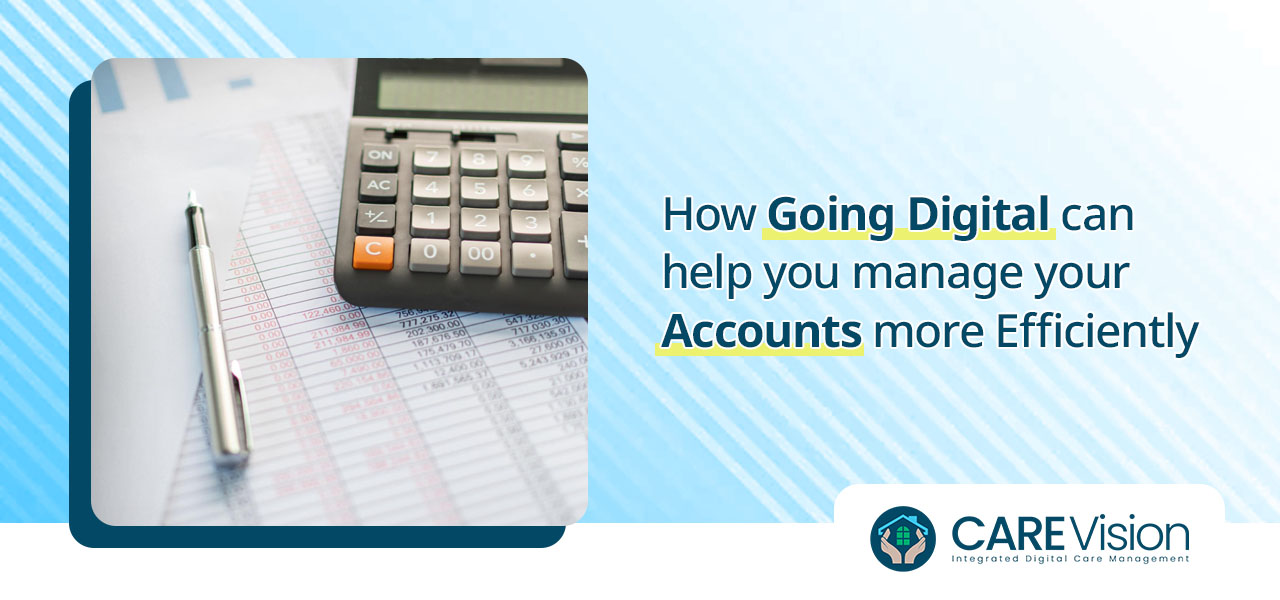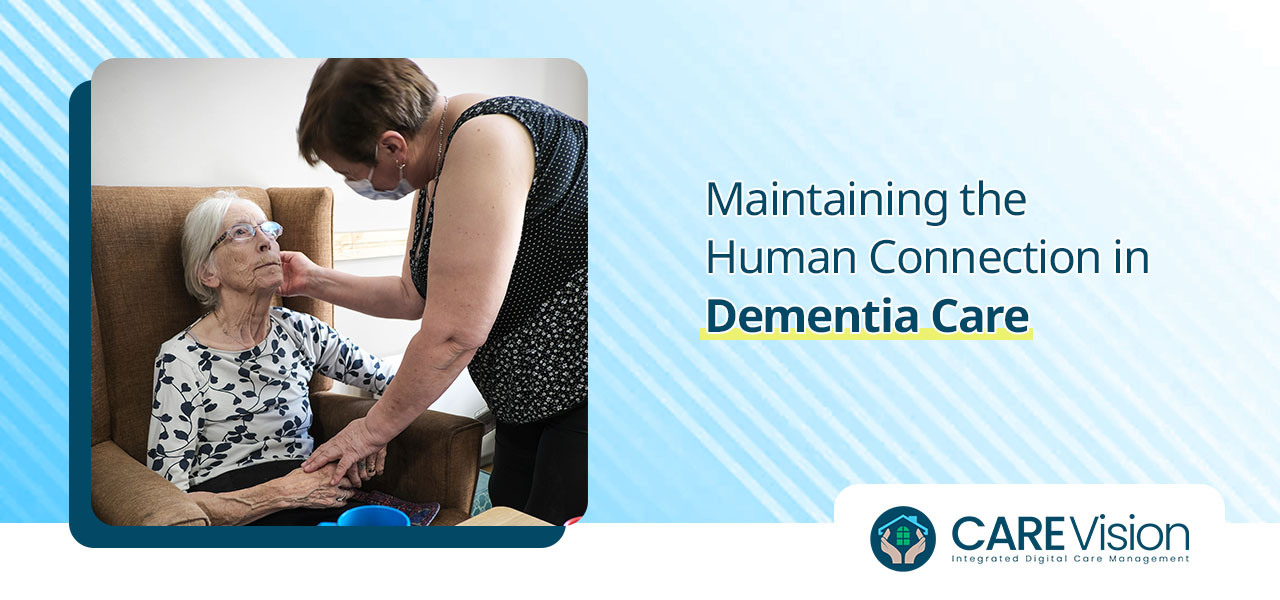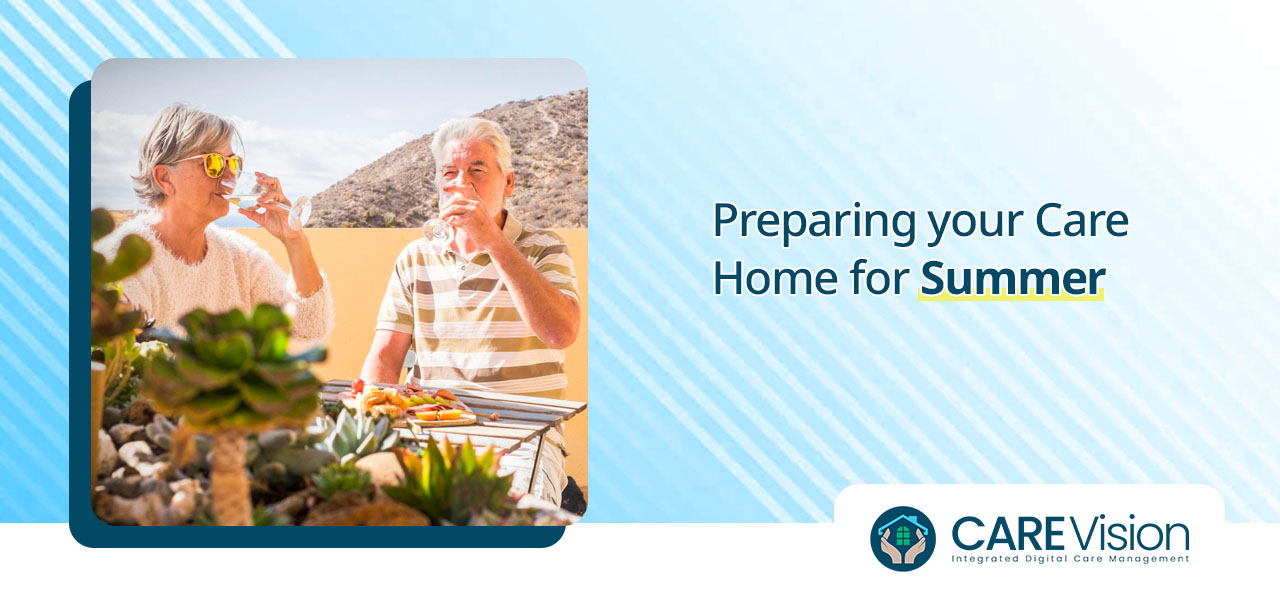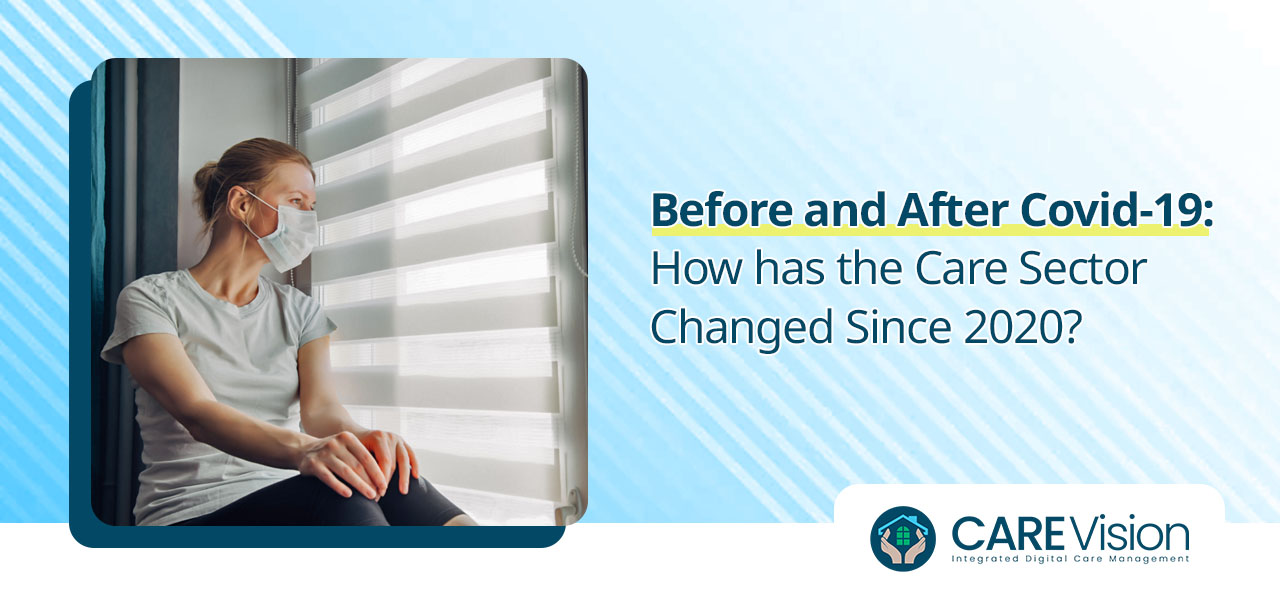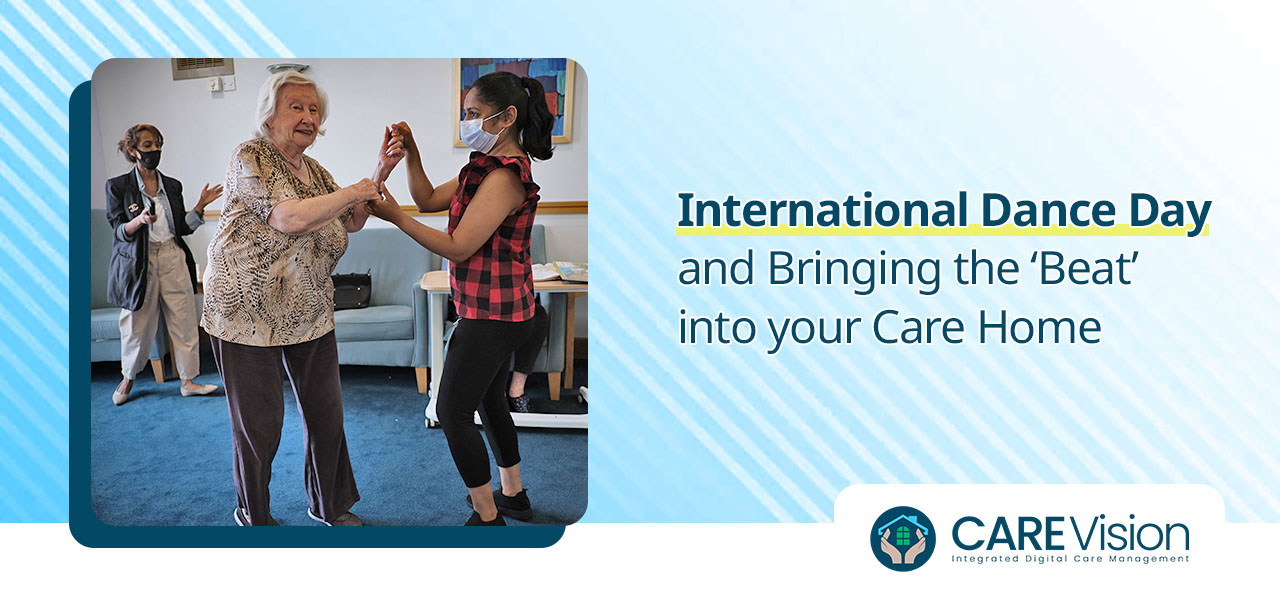Children’s Mental Health Week is upon us, running from 5 to 11 February 2024. For many children living in residential care, mental health struggles can be as significant – or more so – than physical disabilities or other challenges that they face. This year, the chosen theme is ‘My Voice Matters’. The aim is to help children and young people speak up and be listened to when they talk about what they need to thrive and enjoy life to the full.
There are many ways in which children in residential care ca be supported to speak up and make their needs and wishes known. Supporting young people with communication and helping them express their feelings are both essential, in order to strengthen and nurture their mental health. Care Vision’s software can also help in these very laudable aims in a number of ways
Child-led care
A lot is said today about person-led care. The importance of putting the patient or care home resident at the centre of all plans, ideas and decisions made about their healthcare and social wellbeing. This should, of course, also apply to children as far as it is possible to do. Some children will be too young, or will not have the capacity to talk about their feelings and views, or to fully engage in this process. However, through technology such as Care Vision, this can be made a far easier process. Care planning tools, monitoring features and record-keeping functions can provide the resources and data you need to help your younger residents have a bigger say in how they are looked after.
Family communications
Families and loved ones can play a huge part in supporting the mental health of children and younger people living in residential care. From visiting and keeping in regular touch to advocating for them and helping them get their feelings and needs known. The Care Vision care management system works to support families of younger care home residents in a number of ways. For example, the electronic visitors book allows care homes to keep an accurate record of who is on site, whom they are visiting and for how long. This keeps vulnerable young people safe and lets care staff know how well they are being supported by their families.
Consistent care and support
Ask children what they need to thrive and feel secure, and a top answer for many will be the need to feel safe and reassured that people they trust will be there for them, providing what they need on an ongoing basis. Establishing regular routines around medication, therapies, visiting professionals and social activities can be hugely reassuring to children who need additional support with their physical or mental health. Using Care Vision to record care preferences, plan mealtimes and schedule routine medical appointments for younger residents can help a great deal in this regard.
Support with independence
As well as being able to contribute to decisions about their care, children in residential settings can also benefit enormously from independence and agency in other areas of their lives. For example, having access to their own money to pay for essentials and buy luxuries via Care Vision’s Resident Funds tool can help younger people engage with their surroundings and enjoy a boost in confidence. Having a say in what they eat and drink is also made easier with meal planning tools.
Residents records: telling young people’s stories
Another way to connect to this year’s Children’s Mental Health Week theme of ‘My Voice Matters’ is to encourage young care home residents to share their own stories. This can be done in a number of ways. Plan a fun afternoon of informal interviews, when young residents ask each other about their lives and talk about their own. You may prefer to do this as a written exercise, with scrapbooks and journals. Care Vision’s personal records function allows details of residents’ lives, likes and views to be recorded digitally. These notes can then be used to plan future events and activities based on residents’ stated preferences and positive lived experiences.
Active listening and staff training
Alongside ‘person-led care’, a lot of attention is currently being aimed at the benefits of ‘active listening’. Not just hearing what people say to you as their carer, but really taking time to listen to the message they are trying to convey. Listening to vulnerable children and younger care residents takes a certain skill-set to get right, as does safeguarding and helping everyone feel safe, both physically and emotionally. Have you considered sending your staff of training to support this? Care Vision can help identify gaps in staff training and provide reminders when it is time for a refresh.

